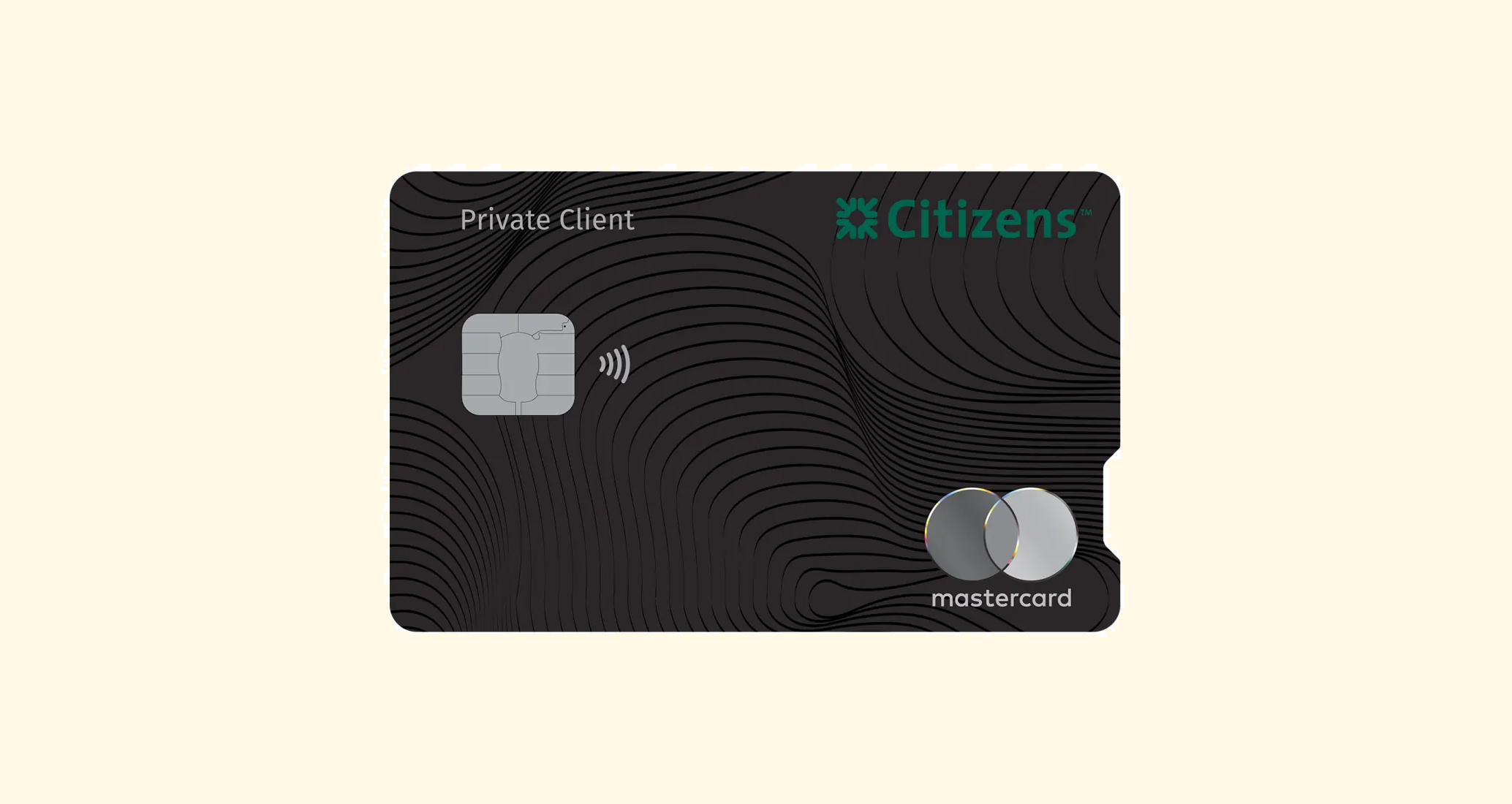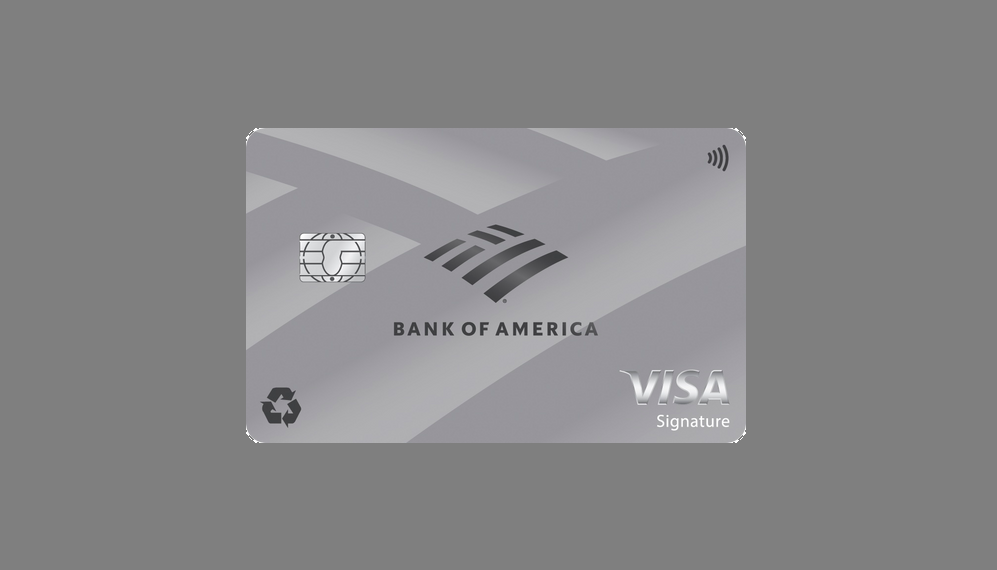The Benefits and Challenges of Using Credit Cards for Young Adults

Understanding Credit Cards: A Double-Edged Sword
Credit cards can be a powerful tool in the hands of young adults, transforming the way they approach their finances. When used wisely, they pave the way for building credit, enjoying convenience, and unlocking a world filled with rewards. However, it is essential to recognize that they also come with challenges that necessitate careful management and a sense of responsibility.
Consider these benefits of using credit cards:
- Building Credit History: Establishing a solid credit score early on can significantly impact future financial endeavors. For instance, a healthy credit score is often a prerequisite for obtaining loans for a car, home, or even securing lower interest rates. A credit card that you use regularly and pay off on time can act as a stepping stone towards that goal.
- Rewards and Perks: Credit cards often come with enticing rewards programs that can amplify your spending. Whether it’s earning cash back on groceries or accumulating travel points that eventually lead to an unforgettable vacation, these benefits can enhance your lifestyle. Many cards in the U.S. offer spectacular rewards for specific categories, such as gas or dining, making your everyday purchases feel like an investment.
- Emergency Resource: Financial emergencies can arise unexpectedly. A credit card can provide a safety net during those challenging times, allowing you to manage unforeseen expenses like car repairs or medical bills without derailing your budget. Knowing you have access to funds can offer peace of mind when life throws curveballs.
Yet, the journey with credit cards is not without challenges:
- Debt Accumulation: Unchecked spending can rapidly lead to overwhelming debt. It can be tempting to indulge in impulsive purchases, but those small expenses can add up, creating financial strain.
- Interest Rates: Credit cards often carry high-interest rates, especially if you miss payments. If you’re unable to pay off your balance in full each month, interest charges can accumulate quickly, leading to significant financial burdens over time. It’s crucial to understand your card’s terms and strive to avoid carrying a balance whenever possible.
- Credit Score Risks: Late or missed payments can have devastating effects on your credit score, jeopardizing future borrowing potential. Even one late payment can drop your score substantially, making it harder to secure loans or even rental agreements in the future.
As young adults navigate these waters, it is crucial to approach credit cards with both enthusiasm and caution. Empowering yourself with knowledge about both the benefits and the challenges can lead to a more conscious financial journey. Embrace the opportunity to learn and grow, cultivating habits that will serve you well throughout your life.
By developing responsible spending habits, such as creating a budget, paying your bills on time, and understanding your financial habits, you can harness the power of credit cards to enhance your life rather than complicate it. Remember, financial literacy is a journey, so take one step at a time, and let your credit card work for you rather than against you.
DISCOVER MORE: Click here to learn how to apply effortlessly
Embracing the Advantages of Credit Cards
For young adults stepping into the world of personal finance, credit cards can serve as a vital ally. When navigated wisely, they offer an array of advantages that can support financial growth and improve quality of life. The benefits extend far beyond mere purchasing power, influencing everything from financial stability to lifestyle enhancements. Here’s a closer look at how credit cards can positively impact young adults:
- Financial Literacy Development: Using a credit card responsibly provides an excellent opportunity to learn about budgeting and managing finances. Young adults can practice tracking their spending, understanding interest rates, and efficiently planning repayments. This practical experience fosters financial literacy, arming them with essential skills for life ahead.
- Convenience and Accessibility: In today’s fast-paced world, having immediate access to funds can be incredibly convenient. Credit cards allow young adults to make purchases online or in-store without needing to carry cash. This accessibility makes everyday transactions easier and can be particularly beneficial in emergencies or when traveling away from home.
- Inflation-Resistant Purchasing: With rising prices, a credit card allows individuals to purchase necessary items even when their cash flow is limited. Utilizing credit responsibly during tight finances can help prevent the stress of missing bills or being unable to buy essential goods. However, it remains essential to have a plan for repayment to avoid falling into debt.
- Enhanced Safety: Carrying large amounts of cash can be risky, especially for young individuals navigating busy urban environments or while traveling. Credit cards offer a safer alternative to cash, providing features like fraud protection and the ability to dispute fraudulent charges. The peace of mind that comes with a credit card can enhance the comfort and freedom of spending.
However, while the advantages can be substantial, it’s important not to lose sight of the potential challenges that accompany credit cards. With great power comes great responsibility, and young adults must tread carefully to avoid pitfalls that can overshadow these benefits.
The Importance of Awareness in Financial Management
Having a credit card is a unique privilege that requires understanding and responsibility. Young adults must focus on strategic planning and firm budgeting to ensure that the benefits far exceed the challenges. Embracing a mindful approach towards credit card usage not only promotes better financial practices but also sets the foundation for a secure and prosperous future.
In this journey, learning to distinguish between needs and wants is essential. Developing a routine where credit card statements are reviewed regularly can help ensure that spending aligns with financial goals. A strong foundation built on awareness can empower young adults to harness the power of credit cards effectively, turning them from mere plastic into a tool for financial independence.
LEARN MORE: Click here for details on applying
Navigating the Challenges of Credit Card Usage
As young adults explore the many benefits of credit cards, it’s equally critical to acknowledge and understand the challenges that accompany them. While credit cards can be powerful financial tools, they also present risks that can lead to financial instability if not managed properly. Recognizing these challenges is the first step toward fostering a healthy relationship with credit. Here are some common obstacles that young adults should be aware of:
- Debt Accumulation: One of the most significant pitfalls of credit card usage is the potential for accumulating debt. The ease of swiping a card can blur the line between necessary spending and impulsive purchases. It’s easy for young adults to overextend their budgets, leading to escalating balances that can be hard to pay off, especially with high-interest rates. Creating a budget and sticking to it can help mitigate this risk and prevent the burden of debt from overshadowing the benefits of credit cards.
- Impact on Credit Score: Credit cards play a vital role in building a credit history, but misuse can also damage one’s credit score. Late payments, maxed-out credit limits, and high credit utilization ratios can lead to long-lasting negative effects on a young adult’s credit score. Understanding how credit scores work and regularly monitoring one’s credit report can empower young adults to make informed decisions that positively influence their credit scores.
- Hidden Fees and Charges: Many credit cards come with a range of hidden fees, including annual fees, late payment charges, and foreign transaction fees. Young adults should be cautious and thoroughly read the terms and conditions before applying for or using a credit card. Knowing what fees might apply can help in making informed choices and avoiding unnecessary costs that can chip away at savings and financial stability.
- Emotional Spending: Young adults may find themselves swiping their credit cards to cope with stress or emotional needs rather than financial necessity. This behavior can lead to a cycle of debt and can exacerbate feelings of anxiety or financial insecurity. Implementing mindfulness techniques and keeping track of emotional spending patterns can help create healthier financial habits.
In light of these challenges, young adults are encouraged to develop strategies to combat potential pitfalls. Seeking resources for financial education, such as credit counseling services or workshops offered by financial institutions, can provide invaluable insights into managing credit responsibly. Conversations about credit and debt with trusted mentors or peers can also facilitate a broader understanding of personal finance.»
Building a Sustainable Credit Plan
Creating a plan to leverage the benefits of credit cards while mitigating the challenges is essential for young adults. This plan can include regular savings goals, setting up automatic payments to avoid late fees, and using budgeting apps to track spending. Establishing a limit on spending to stay within comfortable repayment ranges is also vital in preventing debt accumulation.
As young adults build their financial futures, the lessons learned from both the advantages and challenges of credit cards can foster resilience and confidence in financial management. Empowering oneself with knowledge and practical strategies will not only lead to responsible credit card use but also help in steering toward a brighter and financially secure future.
DISCOVER MORE: Click here to learn how to apply!
Concluding Thoughts on Credit Card Usage
In summary, while credit cards offer young adults an opportunity to build credit, enjoy rewards, and experience financial independence, they also present significant challenges that can hinder financial wellbeing if not approached with caution. Understanding the fine balance between responsible credit use and the potential for debt is essential in today’s consumer-driven society. Young adults stand at a pivotal crossroads, where the ability to harness the benefits of credit cards can lead to a future filled with financial opportunities, but also requires they remain vigilant about the challenges that lie ahead.
To ensure a positive credit experience, young adults should actively educate themselves on the nuances of credit management. This includes recognizing the importance of timely payments, staying within budget limits, and monitoring their credit scores regularly. By adopting a proactive approach to credit management—such as utilizing budgeting apps, setting financial goals, and seeking out financial literacy resources—young adults can cultivate a sense of empowerment over their financial choices.
Ultimately, navigating the world of credit cards is not merely about enjoying immediate benefits, but about crafting a sustainable financial future. With the right tools and knowledge, young adults can confidently embrace credit as a component of their financial strategy, transforming the potential challenges into stepping stones toward lasting financial success. Embrace this journey with informed decision-making, and let the power of credit cards pave the way to your dreams!


